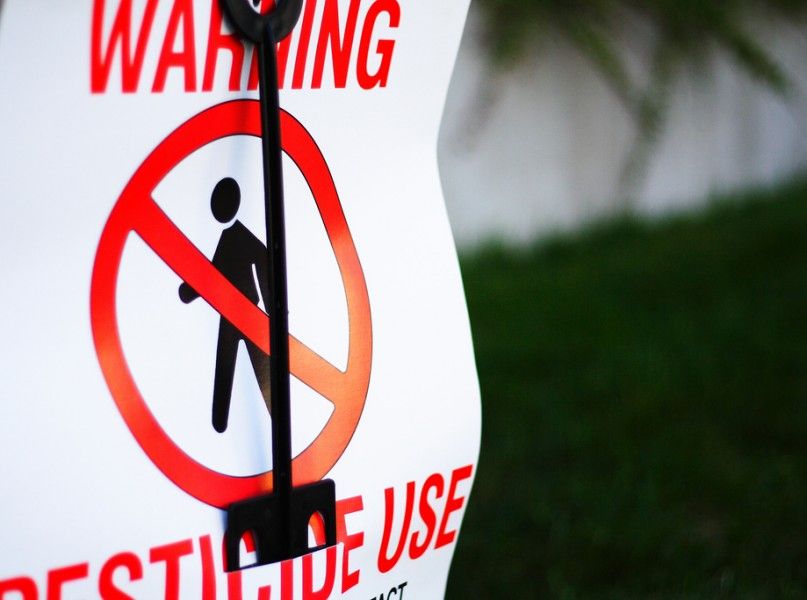Out of the ag-rich land of Davis, California, comes a study that is sure to receive a lot of attention.
A new study from the UC Davis MIND Institute shows there’s a link between pregnant woman’s exposure to agricultural pesticides and autism. The study found that pregnant women living in close proximity to fields and farms where chemical pesticides are applied are at a two-thirds increased risk of having a child with autism spectrum disorder (ASD) or other developmental delay (DD) of skills including communication, self-care, social relationships, and/or motor skills. The associations were stronger when the mother was exposed during the second and third trimesters of pregnancy.
“This study validates the results of earlier research that has reported associations between having a child with autism and prenatal exposure to agricultural chemicals in California,” said lead study author Janie F. Shelton, a UC Davis graduate student. “While we still must investigate whether certain sub-groups are more vulnerable to exposures to these compounds than others, the message is very clear: Women who are pregnant should take special care to avoid contact with agricultural chemicals whenever possible.”
About 1,000 participants from the study were dispersed throughout California, with a majority of the families in Sacramento Valley. About one-third of the participating families lived within 1.5km of an agricultural area with one of the chemicals studied. Those pesticides studied included organophosphates, carbamates, organochlorines, and pyrethroids.
The study was conducted in a state where 200 million pounds of pesticides are applied each year, and in a world where over 5.2 billion pounds of pesticides, fungicides, and weed killers are used. According to the Washington Post, the US accounted for 20 percent of the world’s total 2.4 billion kilograms use of pesticides used in 2007.
There’s no doubt that these pesticides are a huge factor in modern agriculture, and without them, our food security would be greatly jeopardized. (At least if we work within the system we have now.) But with more studies linking these chemicals to harmful reactions such as this one (and not to mention, the connection to bee hives collapsing), the fight for and/or against pesticides isn’t going anywhere anytime soon.
You can read the full study here.
If you have any news, insights to share, would like to pitch guest posts, commentaries or white papers, drop me a line at [email protected].
FEATURED PHOTO: Michelle Tribe/Flickr





